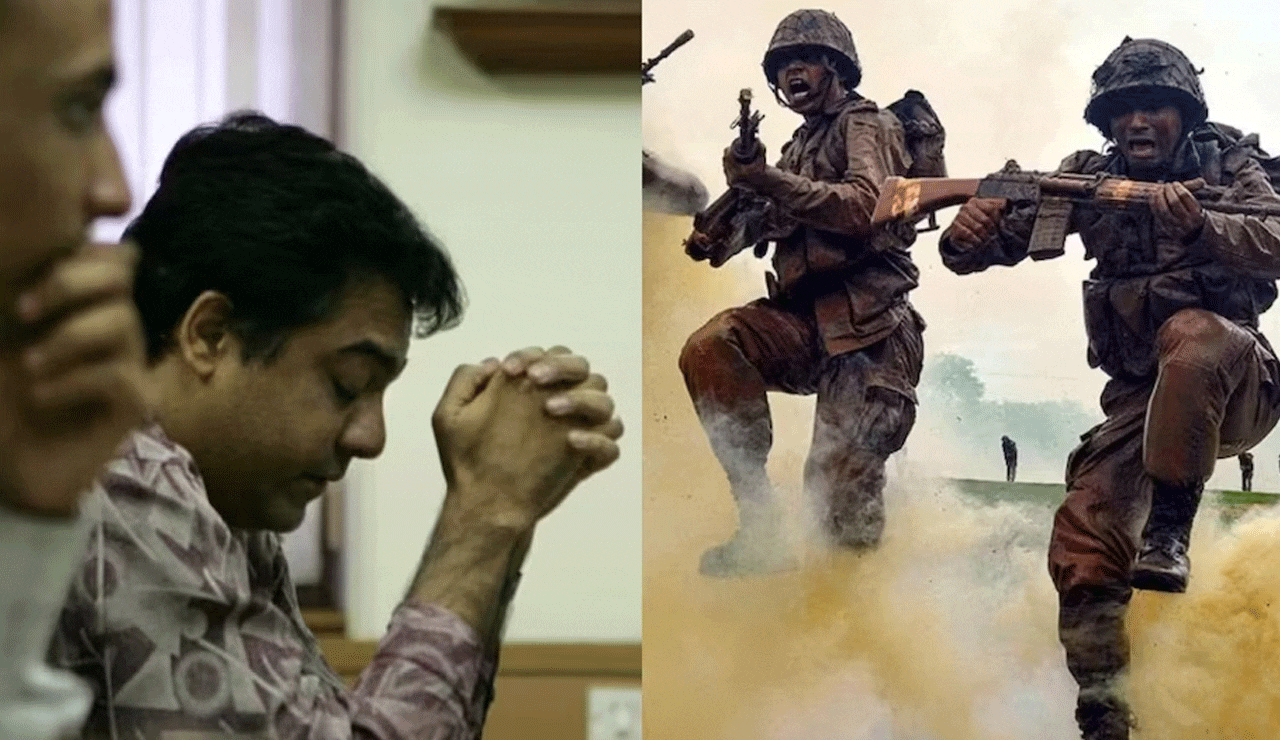If War Breaks Out Between India and Pakistan, What Will Happen to the Stock Market? A Look Back at the Kargil War Impact
Following the Pahalgam terror attack, tensions between India and Pakistan have escalated significantly.

Following the Pahalgam terror attack, tensions between India and Pakistan have escalated significantly. In a historic move, India suspended the Indus Water Treaty — a landmark agreement that had been in effect since 1960 without interruption. This decision marks a strong and clear stance by India against Pakistan, demonstrating heightened diplomatic pressure.
Table of Contents
Pakistan Retaliates by Suspending Shimla Agreement, Closes Airspace for India
In a retaliatory move, Pakistan suspended the Shimla Agreement and announced the closure of its airspace for Indian flights. Security has been tightened along the borders by both nations, indicating the seriousness of the current situation.
Impact of Tension on Stock Markets: Pakistan Suffers Heavily
The growing India-Pakistan tension has also impacted the stock markets. While India experienced a relatively moderate drop, Pakistan’s stock market faced a severe crash. Over two days, the Pakistani stock market plunged by approximately 25,000 points, signaling major investor panic and economic instability.
Indian Markets Show Resilience Despite Geopolitical Tension
On Friday, India’s stock market showed some resilience. The Sensex closed 588 points down at 79,212.53, while the Nifty50 fell 207 points to close at 24,039.35. Intraday trading saw even deeper drops, with Sensex down over 1,100 points and Nifty more than 300 points at one stage.
Outlook: Future of the Crisis and Market Trends
Experts believe the situation could further strain Pakistan’s economy if tensions continue. Meanwhile, Indian markets, though shaken, appear more stable compared to the Pakistani market turmoil. Both diplomatic and economic watchers are closely monitoring the developments between the two nations.
